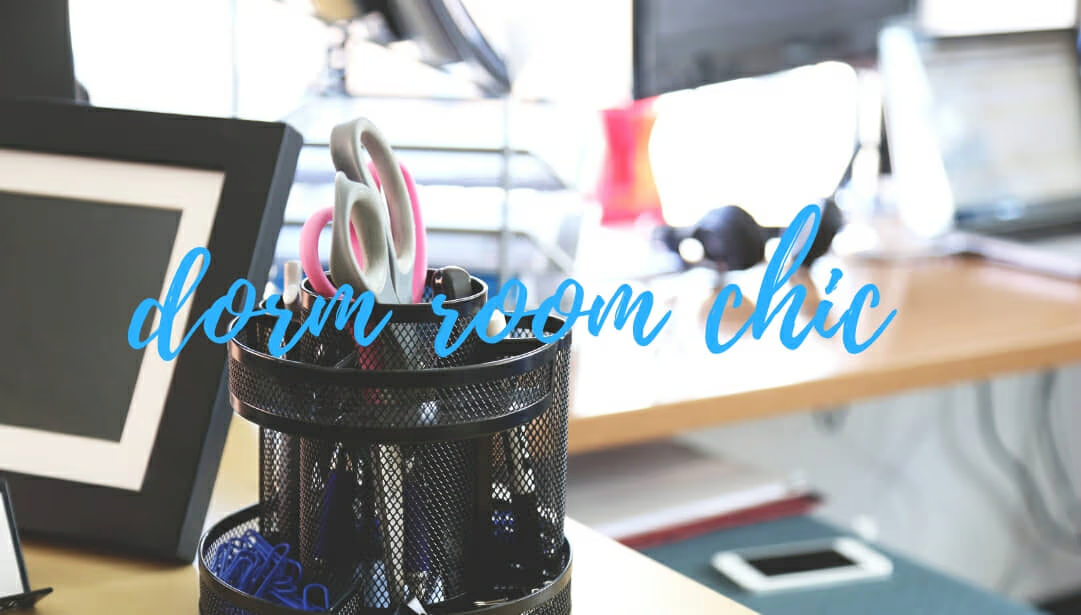As your kids start back to school soon, you may find yourself wondering how to help them succeed in the new school year. Well, education doesn’t stop when your children leave the classroom. In fact, some experts argue that education at home is just as important as what your child learns at school. Furthermore, for some families, the home is the classroom.
Regardless of your childrens' age, school, grade-level or curriculum, they can benefit from these smart study habits. Read on and let's get this school year started off right!
Dedicate A Space To Analog Learning

Author and artist Austin Kleon famously keeps two separate desks - an analog desk and a digital desk. At his analog desk, no computers, smartphones, tablets or other digital devices are allowed. The analog desk, filled with pens, pencils, markers and paper, is where most of his books and projects get their start.
In this digital day and age, it’s important to allow our minds to focus on both learning and creativity away from computer screens. Whether it is offering your child two separate desk areas, or dedicating a study table as a “no screens allowed zone,” leaving space for analog study can be highly productive for your child - or for yourself! Consider using an “analog” desk with your child to encourage reading, writing and studying away from computer screens.
Many people, both children and adults, focus best with some light background noise, so you may want to allow a radio or music player into your “analog” zone. For best results, try to avoid music with lyrics. Streaming apps like Apple Music, Spotify and Pandora offer entire channels, playlists and "stations" meant to boost focus and productivity. These are perfect to study by.
Alternatively, Noisli is a browser-based tool that creates soothing nature sounds or white noise for children who find it hard to study in silence. You can also find similar channels on YouTube with similar natural and white noise for background. Play it from the computer speakers across the room to keep your child focused on schoolwork.
It is also important to encourage hand-written note-taking. Not only does taking notes and doing homework by hand improve your child’s hand-writing, but numerous studies show that taking notes by hand improves memory recall of information. Taking notes by hand uses a different part of your brain and is more effective for learning than taking notes on a computer.
Try the Pomodoro Technique
The Pomodoro Technique was developed by author and business consultant Francesco Cirillo in the 1980s as a way to manage time while working. This method uses a simple kitchen timer to break down work (or studying) into intervals with short breaks in between. Rather than forcing students to study or do homework for hours on end, which can lead to distraction and overwhelm, they only have to focus on the task at hand for a specific time frame.
Traditionally the Pomodoro Technique uses intervals of 25 minutes of work followed by a 5 minute break between each work interval. However, for younger children the amount of work time may need to be adjusted to 15 or 20 minutes. It’s important that the break times only last for the designated amount of time. However, once that break time ends, children should get back to work.
You could also turn the Pomodoro Technique into a game to make it even more effective. For instance, have your kids compete to see who can get the most “Pomodoros” or blocks of time successfully completed in a single day, a week, or a month. Many parents have found this technique to be very useful for their children, especially when it comes to mundane things like homework, or perishable skills requiring regular practice sessions like learning piano.
Encourage “Why?” and “What If?” Questions
From the internet, to social media, to artificial intelligence, the world is changing rapidly as technology continues to evolve. The process of learning shouldn't stop after high school or even college . So instilling a love of learning in your youngsters will set them up for long-term success in this increasingly crazy world.
One of the fundamental keys to being a good learner is knowing how to ask the right questions. Encourage your children to ask questions, both in class and at home.
Asking good questions is the foundation of critical thinking. Edutopia offers a great article with 5 Ways to Help Your Students Become Better Questioners. Focus on making it both fun and rewarding for children to ask questions. A barrage of “Why, why, WHY?” can seem overwhelming as a parent, but asking these questions is critical to their development.
Need To Update Your Student’s Workspace For Better Studying?
Which of these study tips spoke to you the most? Even though we're not exactly tutors, we can help you if you or your kids need a better desk or upgraded space for studying. Come see us at one of our North Georgia and Atlanta area furniture showrooms today! With over 100,000 square feet of furniture on display at our flagship Woodstock/Acworth furniture and mattress store, you’ll be sure to find the perfect desk to set your student up for success!








